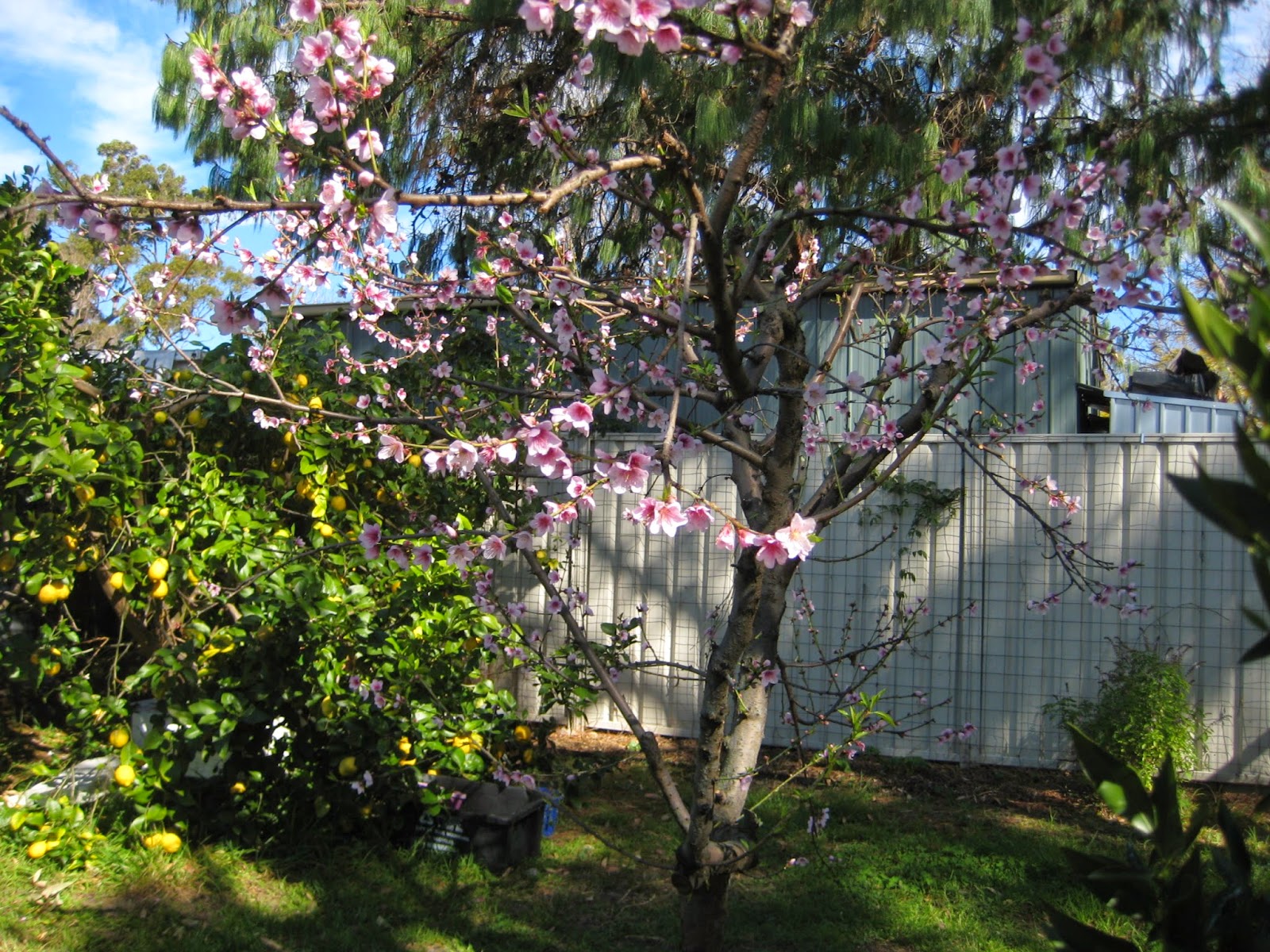 |
| scarlet runner bean |
I once had this idea that I would,
instead of writing haiku, create a form called ’kikuyu’. Instead of a compact
expression of a moment in time, the kikuyu would, like the weed, ramble on and
on, climbing away from its subject to poke a runner under a carpet then poke itself out on the other side,
where there is a nice little herb garden full of nutrients which are just right
for the plant from Kenya to shout its happiness at being transplanted to a
country in the Southern hemisphere where the native running plants tend to be
small, tough, adapted to extremities, conservative therefore in their adaptive
strategies….. you get the idea of the ‘’kikuyu’.
 |
| Beans, tomatoes, gourd, zucchini, cucumber all rely on the pollination of their flowers by bees |
Last year I made my pesto ( basil, garlic, oil, parmesan cheese and pine nuts) in autumn.
she hitched a lift inside
feeble bee
on the basil bush
I suppose a kikuyu of this poem
would run something like:
she hitched a lift inside
feeble bee
who could not buzz off from the basil bush with its delectable white and
mauve flowers, could not lift a wing, surely this isn’t the end of service to
the queen?
Awful. Truly awful. I don't think the kikuyu has a very bright future.
This year we've made some pesto already, and it has been given away, taken away and eaten. I often brush against the basil bush and wonder sometimes if I’ll get stung. But I regard the bees with great affection. The workers! ("united, will never be defeated…”) They’re defeated by heat however. Last November, on the 43.5*C day, most of the bees died. Only one or two survived and came back to work the basil bush. On such hot days, they die of thirst unless there is a source of water near their hive. To digress away from last year's garden haiku, I wrote this, a long while ago:
This year we've made some pesto already, and it has been given away, taken away and eaten. I often brush against the basil bush and wonder sometimes if I’ll get stung. But I regard the bees with great affection. The workers! ("united, will never be defeated…”) They’re defeated by heat however. Last November, on the 43.5*C day, most of the bees died. Only one or two survived and came back to work the basil bush. On such hot days, they die of thirst unless there is a source of water near their hive. To digress away from last year's garden haiku, I wrote this, a long while ago:
my tears have dried -
bees take tiny drinks
from the sand
Birds play an important part in a productive garden, mainly in feeding on pests.
a quick little bird
with yellow eye make-up
becalms my labours
All too soon last year, winter was gone. The
head of the Royal Botanic Gardens in Melbourne, Tim Entwisle maintains that in
Australia there is a season after that called ‘sprinter’. This is the beginning
of the growth period.
two bees
crowd into one peach blossom –
one bee too many
The next season, he says, is spring and that is followed by ‘sprummer’. I'm not sure which season the borage started to flower. It’s a useful plant for its roots, and the blue flowers,
which you can add to a salad. Last December I sat rohatsu (a meditation retreat) with my zen mates at
Sydney Zen Centre, and we walked down to the community garden in Annandale,
silently, together.
the zebra-striped bee
buzzes the borage flowers
her motor revving
I made a change to this haiku –
originally it read:
the white-arsed bee
buzzes the borage….
I just don’t like that ”a” word.
Call me old-fashioned. So I took it out.
 |
| another kind of flower |




No comments:
Post a Comment